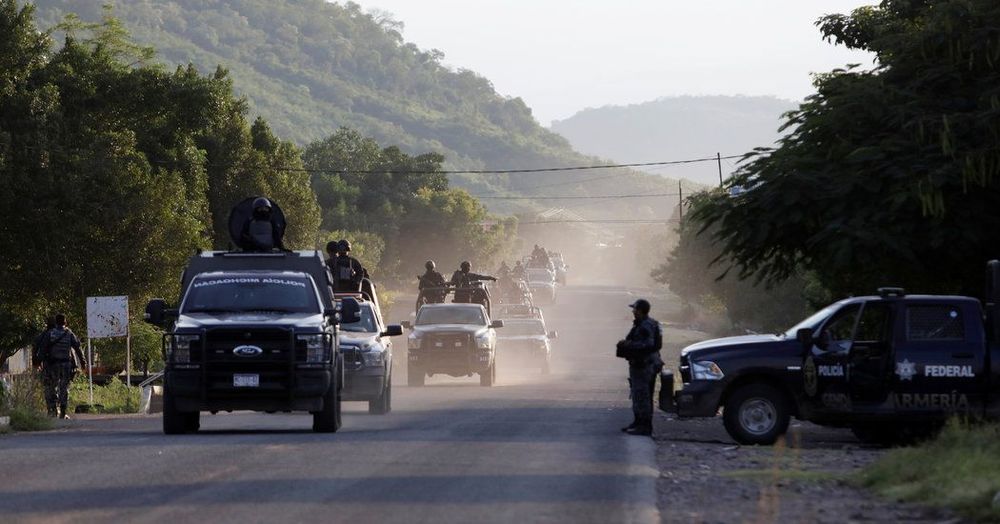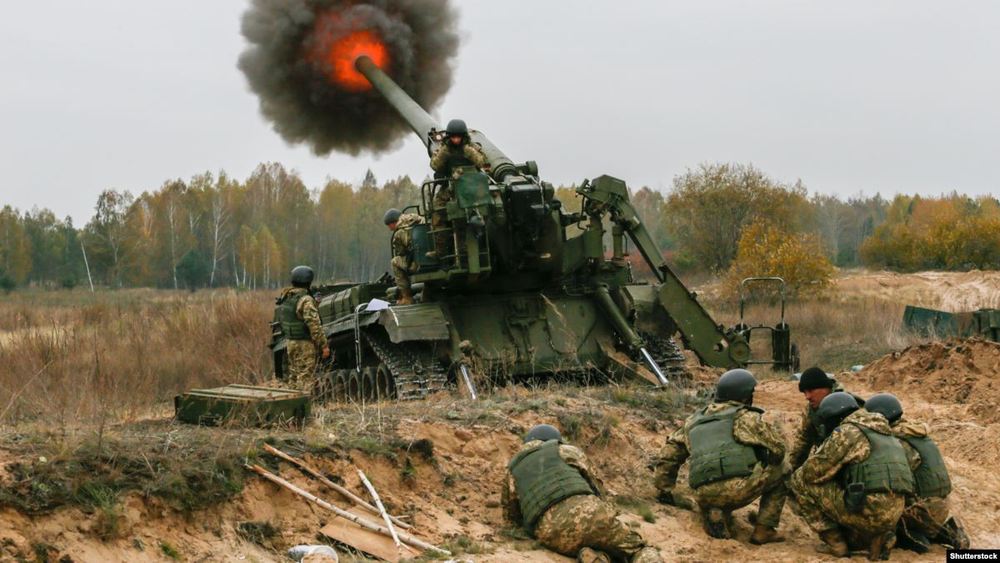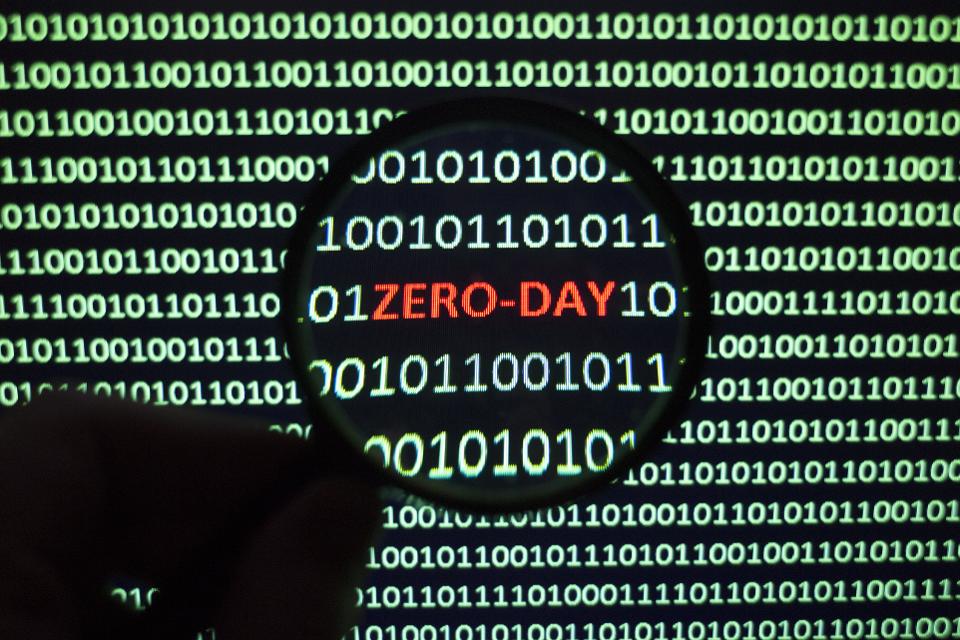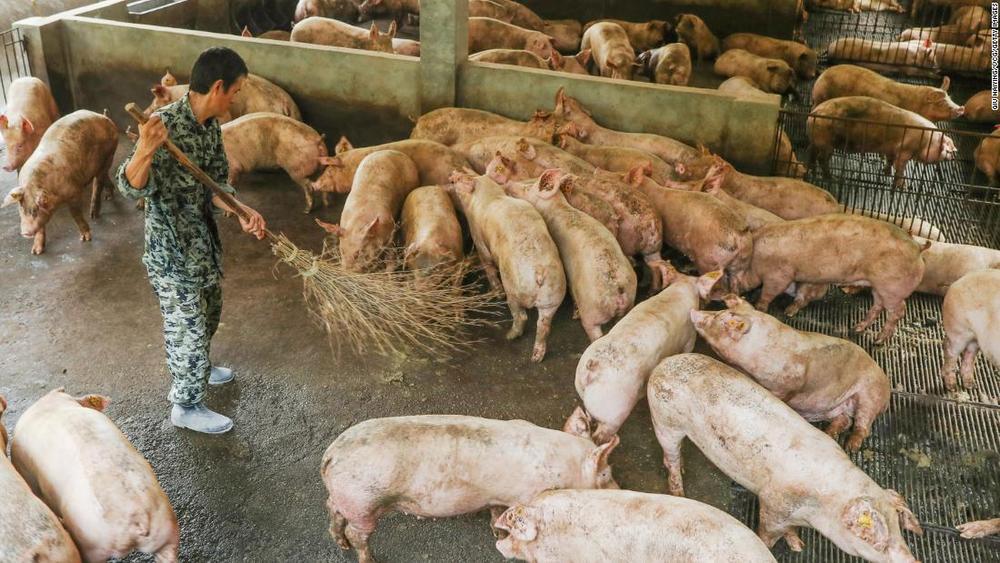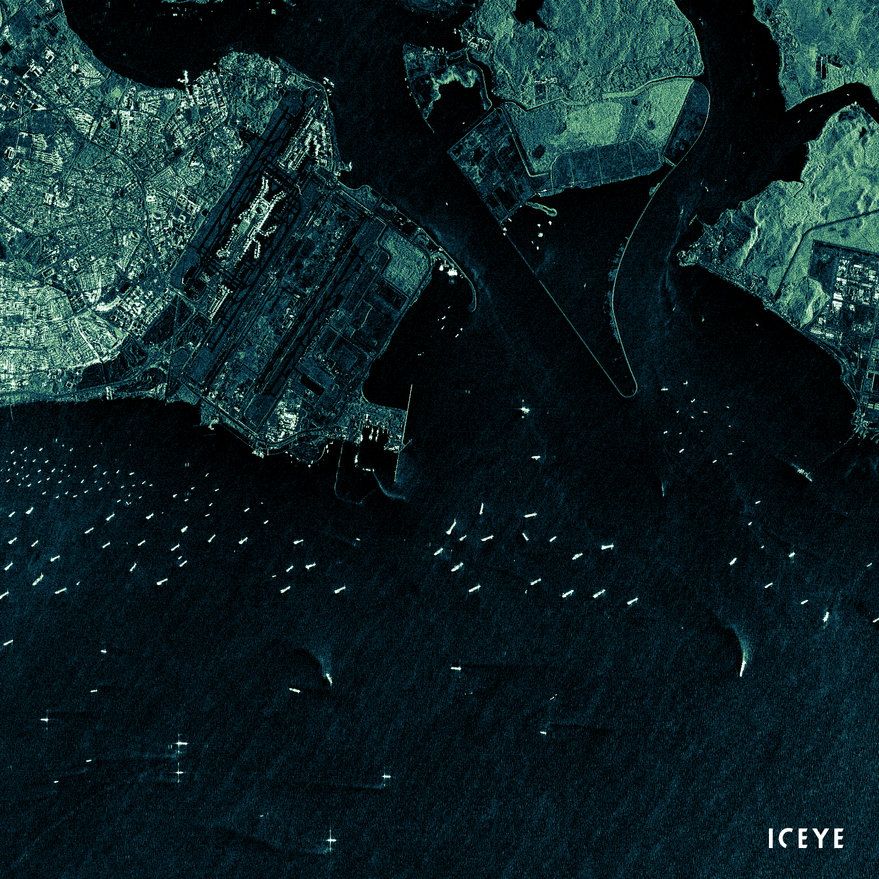
SAN FRANCISCO – Radar satellite operator Iceye released a product Jan. 20 to detect dark vessels, ships at sea that are not identifying themselves with Automatic Identification System (AIS) transponders.
Iceye combines observations from its constellation of three synthetic aperture radar satellites with other data sources to provide customers with radar satellite images of vessels that are not broadcasting their identification, position and course with AIS transponders. The technology is designed to help government agencies, nongovernmental organizations and commercial customers curb drug and human trafficking, find illegal fishing vessels and enforce rules against illegal transshipment of goods, Finland-based Iceye said in a Jan. 20 news release.
Dark vessel detection is a popular application for radar satellites which gather data day, night and in all weather conditions, Pekka Laurila, Iceye co-founder and chief strategy officer told SpaceNews. With three satellites in orbit, Iceye offers customers the ability to frequently revisit areas of interest. In addition, the company has developed machine learning algorithms to speed up dark vessel detection, he added.

